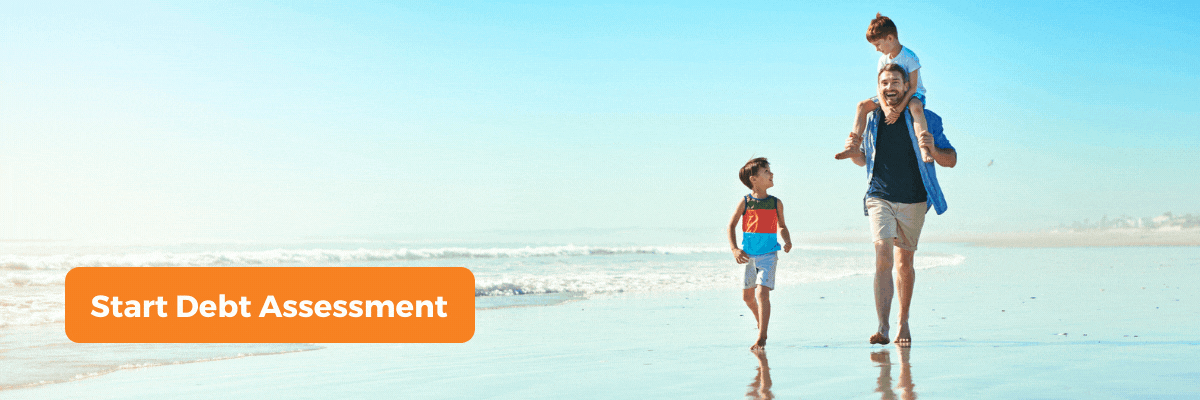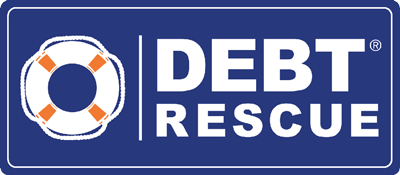Secured debts can be difficult to afford when you are in financial hardship. The set repayments can become unmanageable and you could be at risk of losing the asset you are trying so hard to pay off. Here is some information about how to identify a secured debt and what you can do with your secured debts when you are in financial hardship.
What is a Secured Debt
A secured debt is when you borrow money using an asset as collateral to reduce the risk of lending. For example a secured car loan will use the car as collateral. So if you default on a repayment, the bank can seize the car, sell it and keep the proceeds to repay your debt. Vehicle Loans and Property Mortgages are common examples of Secured Debts.
Falling Behind on Secured Debt Repayments
Financial hardship tends to escalate quickly and spiral out of control. If you are struggling with your unsecured debts, there is a chance your secured debt repayments are also difficult to maintain. There are a number of solutions available to help reduce your unsecured debt, but there are few options available to reduce or vary the payments of your secured debts. Usually, if you fall behind in your secured debt repayments, your creditor (the person you owe money to) will pursue you for payment.
Often, this can mean your case has been referred to an arrears department or handed over to a debt collection agency. If you haven't made any repayments after 3 months, your creditor is well within their rights to take possession of the asset put up as security, be it your vehicle or property. They can then sell the asset to recover some of the money you owe. If there is a shortfall after the sale of the asset, they can still chase you for payment. For example: If you owe $30,000 for a car and the car is repossessed and sold for $20,000, the creditor can still chase you for $10,000.
Talk to Your Creditors!
To avoid having your assets repossessed, you need to keep in touch with your creditors. If you are struggling with repayments, let them know! They may be able to put a temporary hold on your repayments, extend the term of the loan to reduce your regular repayments or assist with some other hardship arrangement. By keeping your creditor in the loop, they may be more open to working with you. If you aren't sure how to bring this up with your creditor read our blog post about speaking with your creditors.
Budget and Prioritise
If your money is out of control, you need to make a budget. You can follow our step by step budget planner to get a handle on your debts. When you are creating your budget, make your secured debts a priority as it is more important to maintain the repayments on these debts, particularly if the security is the car you use to get to and from work or your family home.
Surrender the Asset
You always have the option of surrendering the asset to your creditor. If you are really struggling to make the repayments, this might be a good option for you. Alternatively, you could sell the asset to repay your debt, but use caution. You technically don't own the asset so any money you get for it needs to go towards paying it off. You also need to let the person buying your asset know it is under finance. If you sell the asset for less than what is owed, you will need to pay the difference to release the asset from the security.
Deal with Your Unsecured Debt First
If you enter into a Part 9 Debt Agreement, your unsecured debt repayments will become more affordable. This may allow you to put more money towards your secured debts and make them more affordable. To enter a Part 9 Debt Agreement, you will need at least $10,000 of unsecured debts. This doesn't include secured debts such as car security and mortgages.
Use Your Secured Debt to Your Advantage
Sometimes a secured debt can work in your favour. You may be able to use the equity in your mortgage to consolidate your debt. For example, if your mortgage is currently $300,000 and your house is worth $420,000, you could refinance the home loan and potentially access $57,000 to repay your debts.
Sort Out Your Secured Debts in Financial Hardship
If you are really struggling with your secured debts, you can call a free financial counsellor on 1800 007 007. By calling this toll free number, you will be able to talk to a financial counsellor for free to get advice on how to pay off your debt. If you want to refinance your mortgage or get a handle on your unsecured debts, call Debt Rescue. One of our experienced Case Managers will talk through your debt with you and let you know the options available to you.
-137x60px.png)




